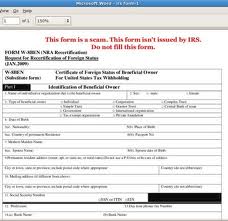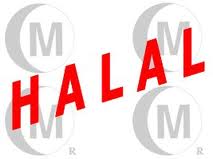

Halal (or permissible) in Islam is the meat of animals that have been slaughtered reciting the name of Allah on them and all the blood has been drained from the carcass.


Additional criterion that make meat halal are that the animal should not be dead prior to slaughter, since carrion is forbidden and that the animal is from those that are allowed according to Islamic teachings.


Nearly 1.8 billion Muslims around the world as well as some non-Muslims are fuelling the halal food industry, generating sales of $2.1 trillion annually, according to recent reports. The attractive halal food industry is drawing many dubious players.


Jalel Aossey, director of Midamar, a US-based international supplier of halal food and foodservice equipment, said that there is a significant flow of non-halal food items in the region from meat-supplying countries, and the Gulf countries need tougher regulations to stop that flow.


Noor Al Deen Abdullah, executive director of Kasehdia, a communications and consultancy company in Malaysia, and publishers of The Halal Food Journal earlier told Gulf News, “The global halal industry is still in its infancy because huge awareness is required, especially in the Middle East.”
halal certificates video
The major producing nations are Australia, New Zealand, Brazil and Canada, Abdullah said, from where halal and non-halal meat is supplied.
Aossey said that inspection teams can be sent to the various countries where food is being produced to allow it to be inspected, at that country’s cost. “This is nothing when you consider the huge dollar volume of food products exported to the UAE and other Gulf countries.”
halal certificates video-II
In the UAE, 80 per cent of imported food is said to be halal, coming from countries such as Brazil and Australia.
No comments:
Post a Comment